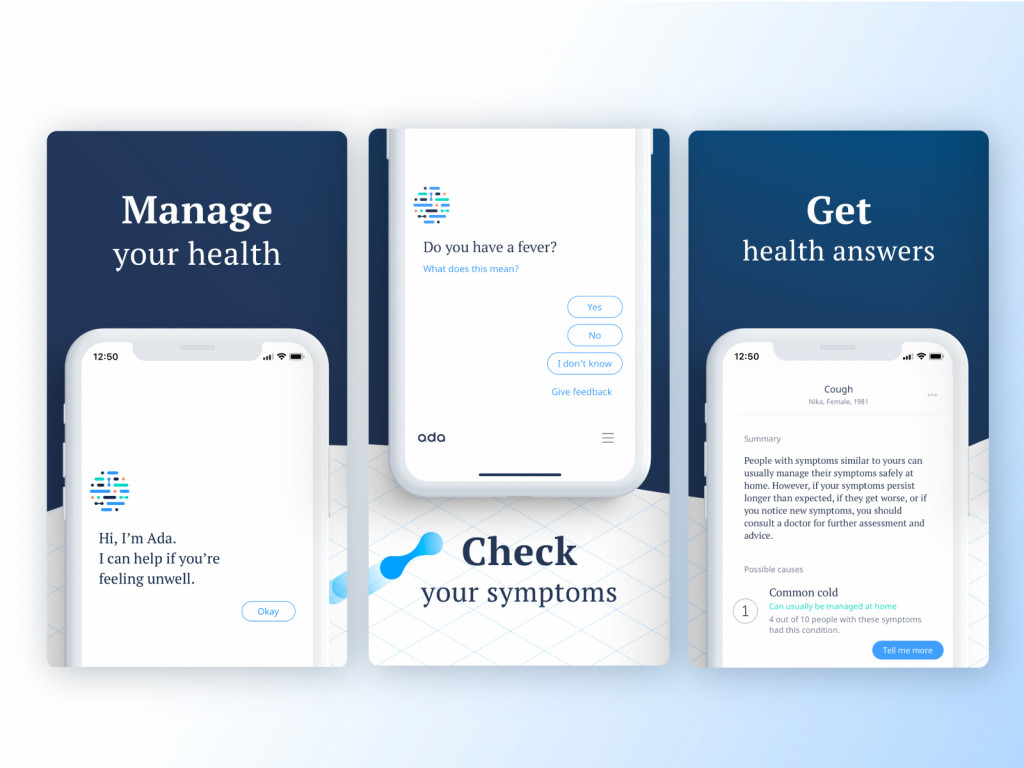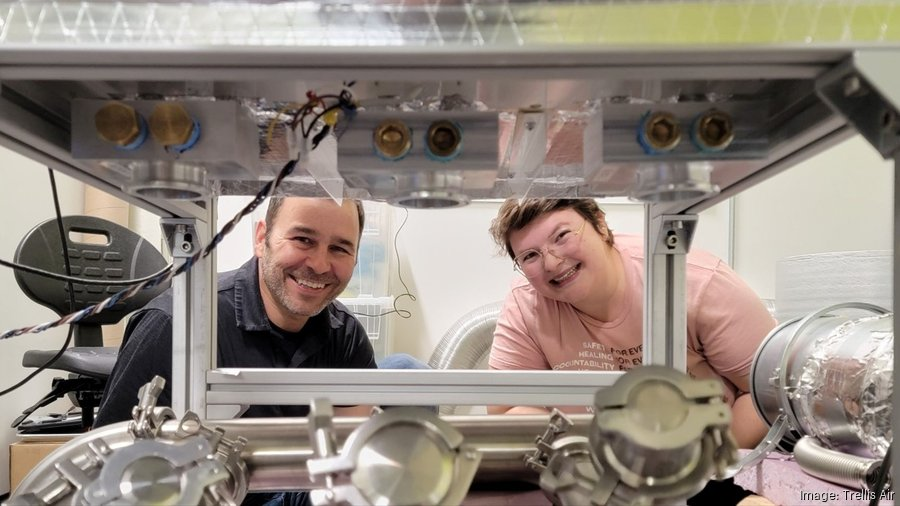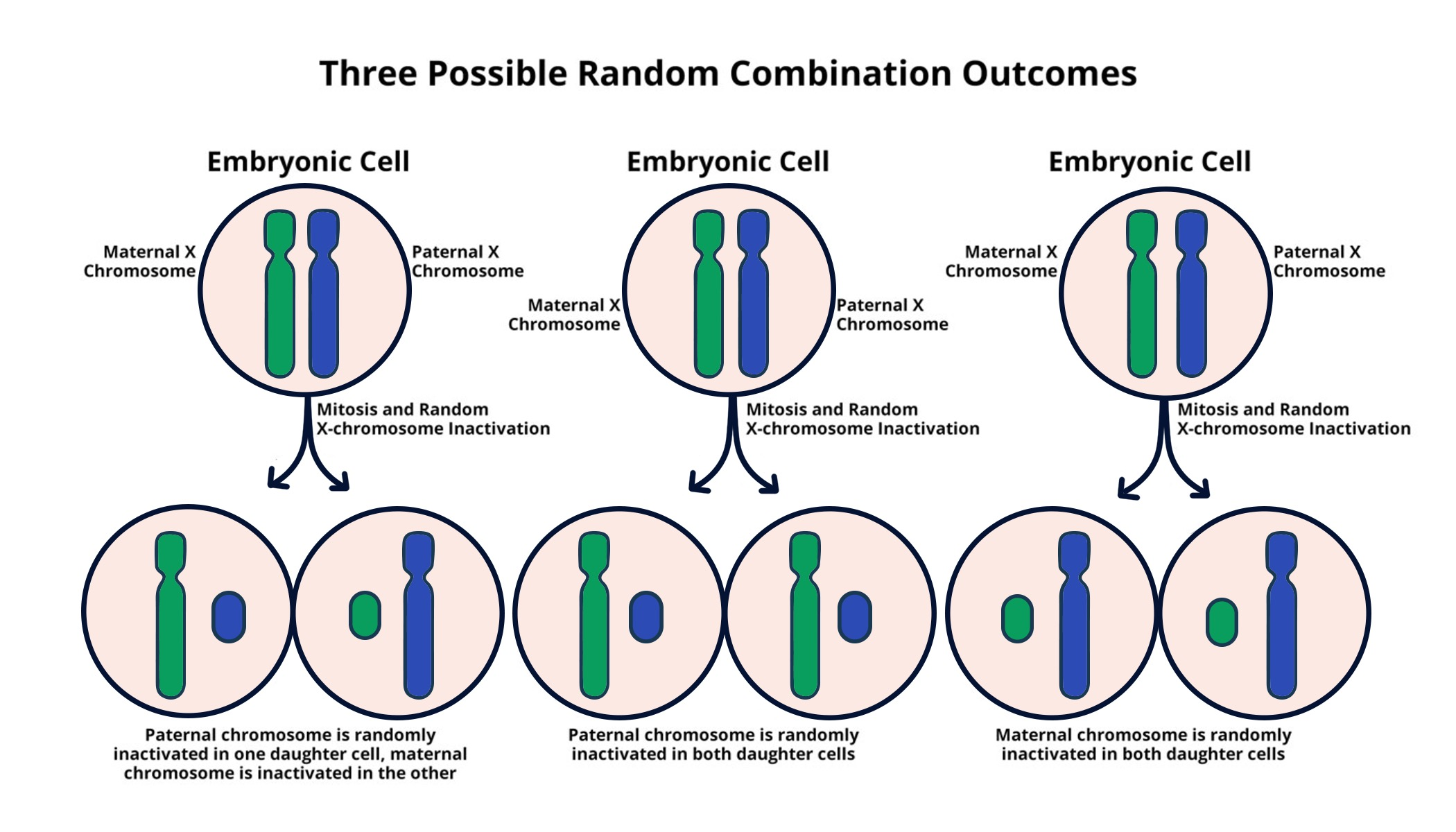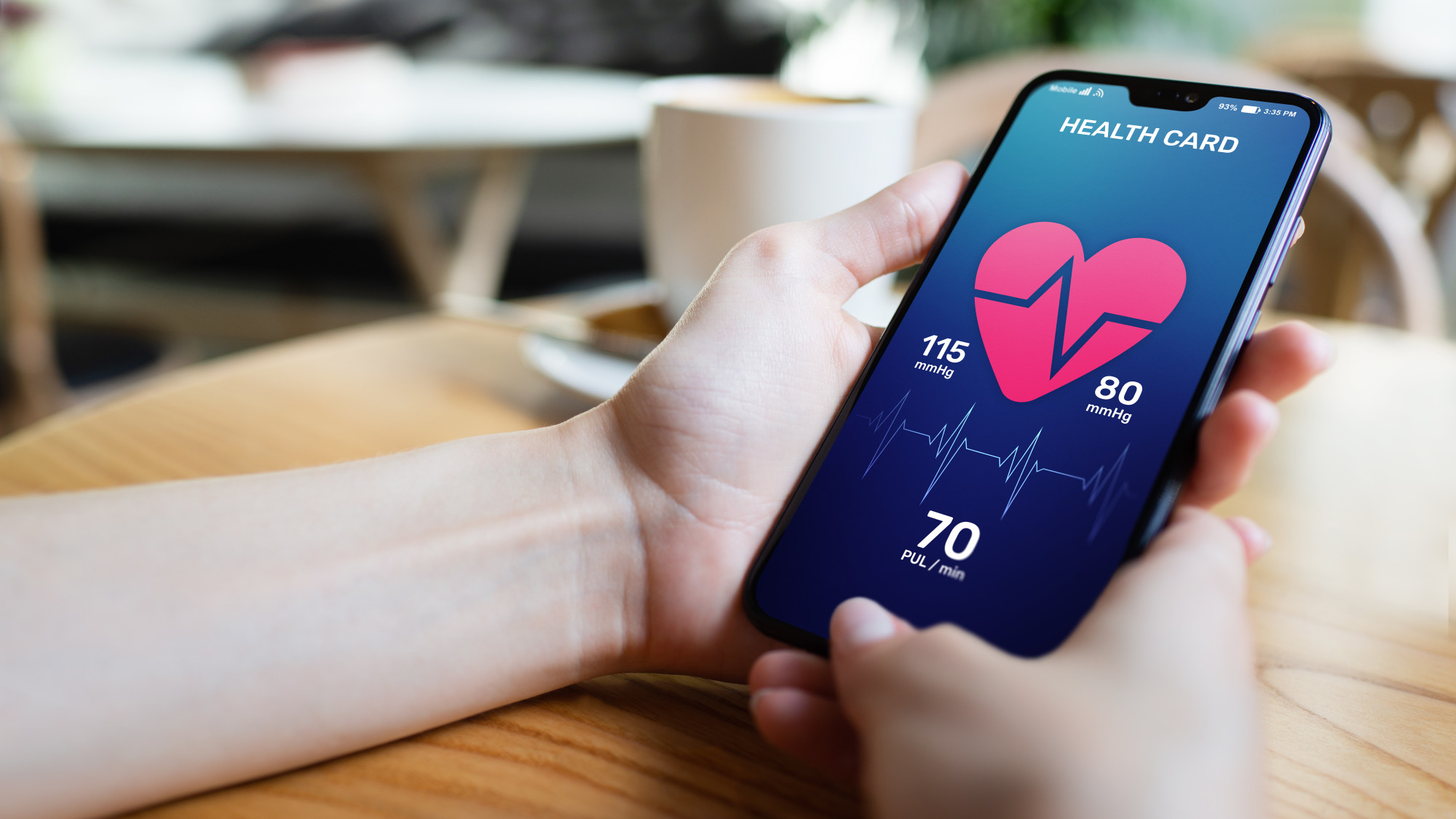Personalized healthcare apps are revolutionizing the way patients manage their health, providing tailored support and advice that adapts to individual needs. These innovative mobile health apps utilize advanced healthcare technology, including sophisticated algorithms and artificial intelligence, to optimize user engagement and compliance. For instance, cancer patient support applications utilize reinforcement learning to deliver just-in-time adaptive interventions, ensuring that users receive relevant guidance when they need it most. With the rise of digital health innovations, these apps not only help users keep track of medications but also promote healthier lifestyle choices, leading to improved outcomes. As they continue to evolve, personalized healthcare apps represent a significant leap forward in healthcare accessibility and effectiveness.
In the realm of modern health solutions, bespoke health management applications are making waves, offering customized assistance to those seeking to enhance their well-being. These digital tools, often referred to as mobile wellness applications, harness cutting-edge technology to deliver personalized support tailored to individual preferences and health conditions. By focusing on specific issues—such as aiding cancer patients or those struggling with substance use—these platforms utilize adaptive algorithms to optimize interactions and outcomes. With an emphasis on user engagement and real-time feedback, personalized health apps are at the forefront of a transformative era in patient care, promising significant advancements in managing chronic conditions and daily health habits.
The Role of Personalized Healthcare Apps in Patient Support
In recent years, personalized healthcare apps have emerged as vital tools for providing patient support, particularly for those facing serious health conditions like cancer. These applications leverage advanced algorithms to customize care, ensuring that users receive the assistance they need when they need it. Unlike traditional health apps that offer generic advice, personalized healthcare applications take into account the unique circumstances of each patient, adapting to their changing needs. This tailored approach is crucial, especially for cancer patients undergoing complex treatments such as stem cell transplants, where medication adherence can significantly impact recovery outcomes.
By utilizing reinforcement learning techniques, these apps act like personal health coaches, helping patients establish and maintain healthy habits. For example, the ADAPTS HCT app under development by Susan Murphy’s lab is designed for stem cell transplant patients and their caregivers. It uses real-time data and interactions to optimize reminders and motivational prompts, aligning support with the patient’s daily life and emotional state. This level of personalization enhances user engagement and compliance with treatment regimens, ultimately contributing to better health outcomes.
Frequently Asked Questions
What are personalized healthcare apps and how do they work?
Personalized healthcare apps are mobile health applications designed to cater to individual patient needs by using advanced algorithms, such as reinforcement learning, to deliver customized support. These digital health innovations adapt in real-time, providing tailored motivational prompts, medication reminders, and social support based on user interaction and changing needs.
How do personalized healthcare apps support cancer patients?
Personalized healthcare apps provide critical support for cancer patients by using algorithms that help manage medication adherence and enhance communication between patients and caregivers. For instance, new mobile health apps are developed specifically for stem cell transplant patients, focusing on their unique treatment challenges and recovery processes.
What role does technology play in developing personalized healthcare apps?
Technology plays a crucial role in developing personalized healthcare apps through the integration of artificial intelligence and healthcare technology. These digital health tools utilize reinforcement learning algorithms to learn from user behavior, allowing the apps to adjust recommendations and support mechanisms for optimal patient outcomes.
How do mobile health apps improve medication adherence among patients?
Mobile health apps improve medication adherence by providing timely and personalized reminders, tailored to the patient’s schedule and preferences. By leveraging real-time data and adaptive intervention strategies, these applications address user needs effectively, minimizing the chances of neglecting medication schedules.
What is the significance of reinforcement learning in personalized healthcare apps?
Reinforcement learning is significant in personalized healthcare apps as it enables the software to evolve through user interactions. This approach allows the app to learn and adapt its recommendations, thus optimizing the support provided for managing health conditions, including those faced by cancer patients or individuals with specific health goals.
Can personalized healthcare apps assist caregivers of cancer patients?
Yes, personalized healthcare apps are specifically designed to assist caregivers of cancer patients by offering tools that facilitate medication management and enhance communication. These apps can send reminders and motivational prompts to both patients and caregivers, fostering a supportive environment for effective healthcare management.
What are some examples of personalized healthcare apps in development?
Current examples of personalized healthcare apps in development include ADAPTS HCT, aimed at assisting stem cell transplant patients and their caregivers, and MiWaves, which helps young adults reduce cannabis use. Both utilize reinforcement learning techniques to personalize user experiences and improve health outcomes.
How does the just-in-time adaptive intervention work in healthcare apps?
The just-in-time adaptive intervention (JITAI) in healthcare apps provides personalized support precisely when it’s needed by adapting to the user’s current situation and context. This method ensures that users receive timely interventions based on predictive algorithms, effectively addressing their healthcare needs in real-time.
What challenges exist in implementing personalized healthcare apps in real-life scenarios?
Challenges in implementing personalized healthcare apps include ensuring accurate data collection, overcoming software errors, and addressing user engagement and adherence to app recommendations. Continuous refinement of algorithms based on user feedback is essential to enhance the effectiveness of these digital health tools.
How do personalized healthcare apps enhance patient-caregiver relationships?
Personalized healthcare apps enhance patient-caregiver relationships by fostering collaboration and communication through features like shared reminders and motivational prompts. This support encourages both parties to actively participate in the patient’s health management, ultimately leading to better care and adherence to treatment plans.
| Key Point | Details |
|---|---|
| Personalized Healthcare Apps | Apps designed for cancer patients, cannabis users, and others that adapt to individual user needs through algorithms. |
| Reinforcement Learning Algorithms | Advanced computational methods that personalize user experiences and interventions in real time. |
| Just-in-Time Adaptive Intervention | Delivers support based on real-time context changes and user needs. |
| Clinical Trials | Testing of apps like ADAPTS HCT with stem cell patients to assess efficacy in medication management and caregiver support. |
| Collaboration with Experts | Partnerships with software engineers, cancer clinicians, and behavioral scientists to develop effective applications. |
| Machine Learning Adaptation | Apps that learn from user interactions to tailor reminders and support, enhancing patient engagement. |
| Oral Health Management | Including initiatives like Oralytics which aid users in adhering to dental care routines using tech. |
Summary
Personalized healthcare apps are revolutionizing how patients manage their health, providing tailored support through advanced algorithms. These innovative applications empower users by offering real-time assistance that adapts to their changing needs, particularly in challenging areas like cancer care and substance use. With ongoing development and clinical trials, these apps show promise in enhancing patient adherence to treatment regimens while fostering stronger relationships between patients and caregivers. As technology continues to evolve, personalized healthcare apps are set to play a pivotal role in improving health outcomes and making care more accessible.









